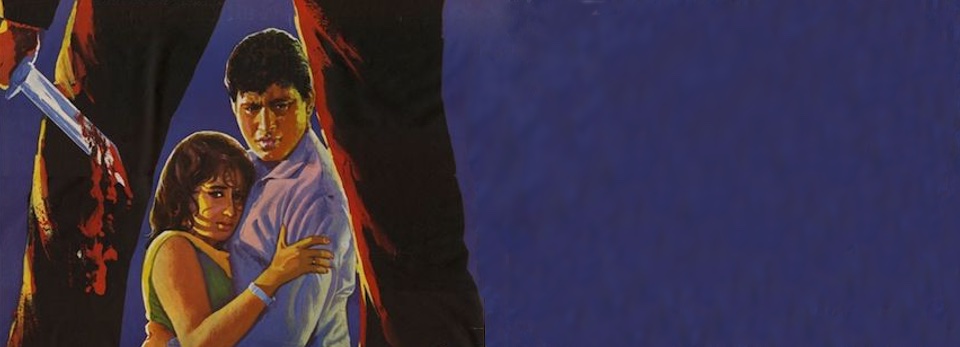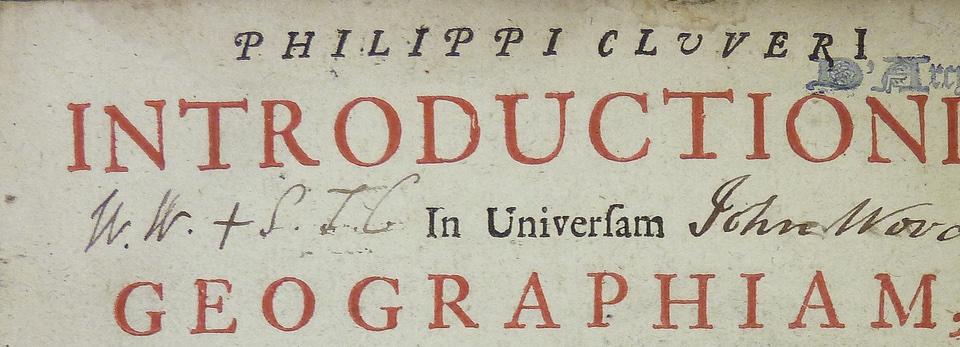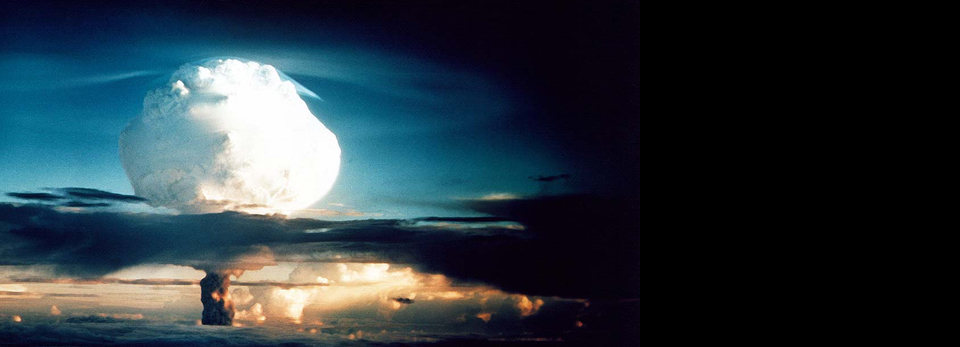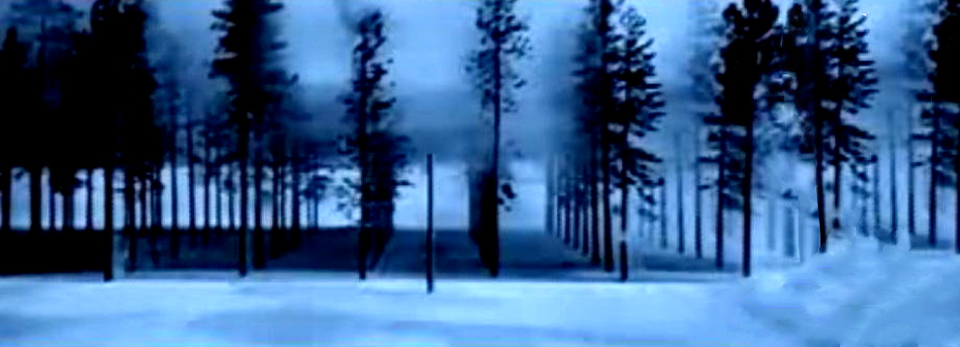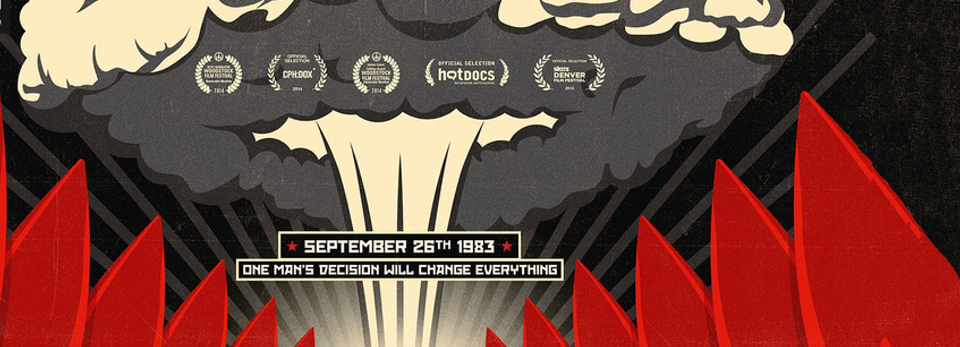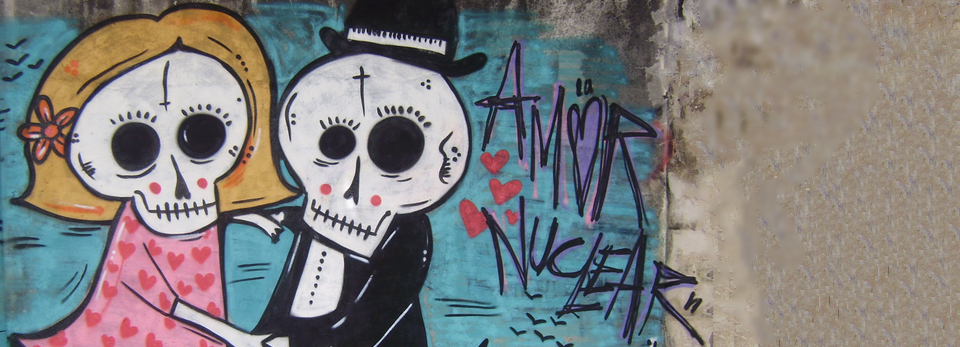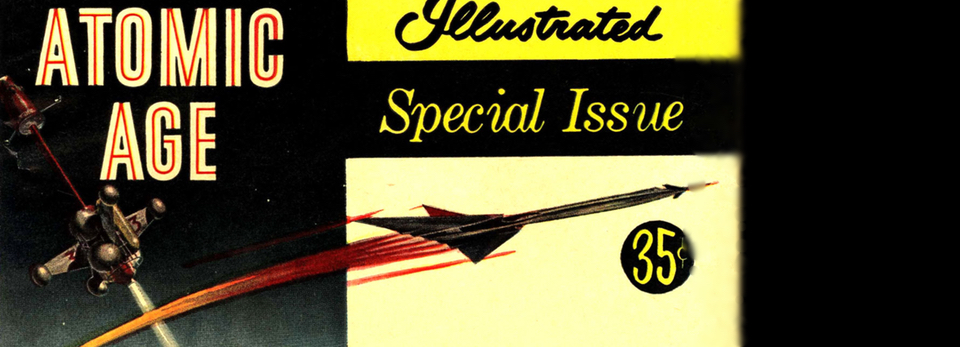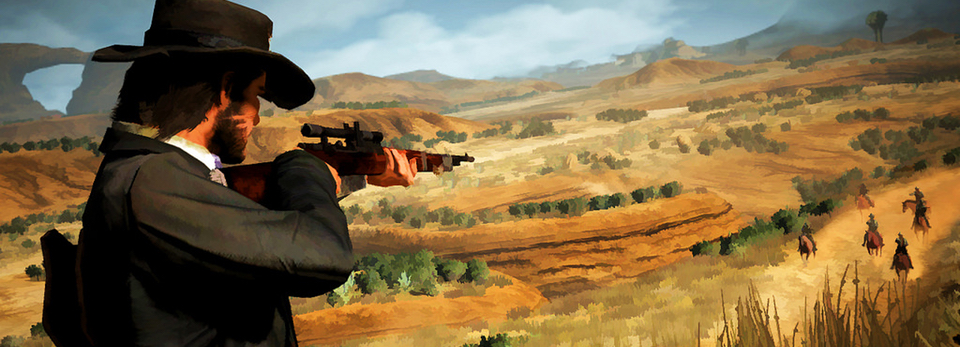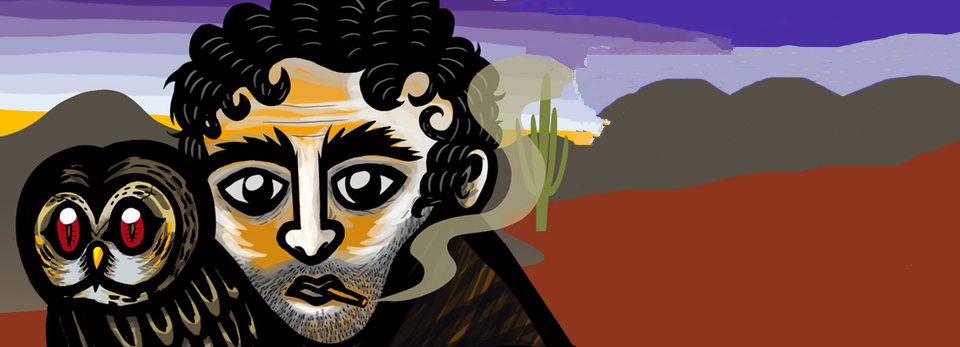As the centrepiece of their Christmas 2015 schedule, BBC One screened an adaptation of Agatha Christie’s And Then There Were None. Scripted by Sarah Phelps and featuring a star-studded cast including Aiden Turner, Charles Dance, and Sam Neill, the adaptation was criticised in advance for deviating from its source material by “featuring drug abuse, gruesome violence and swearing” (Hastings 2015: n. pag.). After it was shown…
View More Bollywood Adaptations of Agatha ChristieCategory: Previous Issues
Literary Annotation, from Poe to Twitter
On the sixth of September 2012 Bret Easton Ellis tweeted: “Reading D. T. Max’s bio I continue to find David Foster Wallace the most tedious, overrated, tortured, pretentious writer of my generation…”. This article will be less interested in the judiciousness of Ellis’s findings—that debate seems unlikely to resolve itself any time soon—than in the form they take. “Reading D. T. Max’s bio:” the present tense suggests a pause for reflection, a moment…
View More Literary Annotation, from Poe to TwitterAlluvium Editorial 5.4: Nuclear Narratives
Written from within the last “hot” period of the Cold War’s near half century span, Martin Amis’s 1987 essay “Thinkability” articulates how nuclear weapons embedded themselves within our personal and cultural imagination: "Everyone is interested in nuclear weapons, even those people who affirm and actually believe that they never give the question a moment’s thought. We are all interested parties…
View More Alluvium Editorial 5.4: Nuclear NarrativesThe Futures of Nuclear Criticism
The unthinkable happened at 4.20pm on 28 October, 1988. Though lasting only thirty-six minutes – betrayal by European NATO allies prevented escalation into the global holocaust many had feared – nuclear attack transformed the United States. As Whitley Strieber and James Kunetka record in an extraordinary travel narrative about a perilous journey around the country five years…
View More The Futures of Nuclear CriticismDocumentary Film and Our Restless Nuclear Present
Our nuclear present is restless, yet we rarely conceptualise nuclear reality in this way. It can only ever be restless, as nuclear technologies shape our world, their relentless and dangerous forms remaining largely permanent and unseen, deliberately kept from our gaze. The “nuclear fuel cycle” is a hyper-long-term phenomenon and, at any split second, globally, there are hundreds of thousands…
View More Documentary Film and Our Restless Nuclear PresentHaunting Clouds
Clouds form part of a shared and familiar everyday aesthetic. Cloud narrative through which patterns are seen incorporate more than simple pareidolia when we consider the nuclear cloud. Ordinarily, pareidolia refers to witnessing illusion; thus, we might see images and symbols in clouds. However, the nuclear cloud engages a more nuanced narrative of cultural trauma than the term pareidolia encompasses.
View More Haunting CloudsRepresentations of National Identity in Cold War UK and US Civil Defence Films
Propaganda is a central weapon in the arsenal of modern conflict and Cold Wars especially are fought with images and words. The forty-year tension between East and West after the Second World War was responsible for the creation and distribution of national propaganda on a previously unprecedented scale as US and Soviet nuclear stockpiles increased exponentially and leaders shied away…
View More Representations of National Identity in Cold War UK and US Civil Defence FilmsWhat Game Worlds Can Teach Us About Literary Worlds
From the space of books to space in books While the debate rumbles on between those who contend that games tell stories in ways unique to the medium (ludologists), and those who argue that games resemble literary narratives (narratologists), literary scholars have sought to ask reciprocally what games can tell us about conventional modes of storytelling in print.
View More What Game Worlds Can Teach Us About Literary WorldsThe Contemporary Historical Novel & the Novel of Contemporary History
What is historical fiction? “Everyone knows what a historical novel is,” Avrom Fleishman states, “perhaps that is why few have volunteered to define it in print” (Fleishman 3). However, literary prizes – those institutions of canon-making – have little, if any, qualms when it comes to advancing their own sense of what constitutes historical fiction in the 21st century.
View More The Contemporary Historical Novel & the Novel of Contemporary HistoryThe Semblances of Roberto Bolaño
When a priest and literary critic returns from providing secret lessons on Marxism to General Pinochet in Roberto Bolaño’s By Night in Chile (2000), his friend asks him what the new Chilean leader is like. “I shrugged my shoulders, as people do in novels, but never in real life” is his response (Bolaño, 2000: 97). Bolaño’s fiction displays an uncanny ability to undercut the art form…
View More The Semblances of Roberto Bolaño
